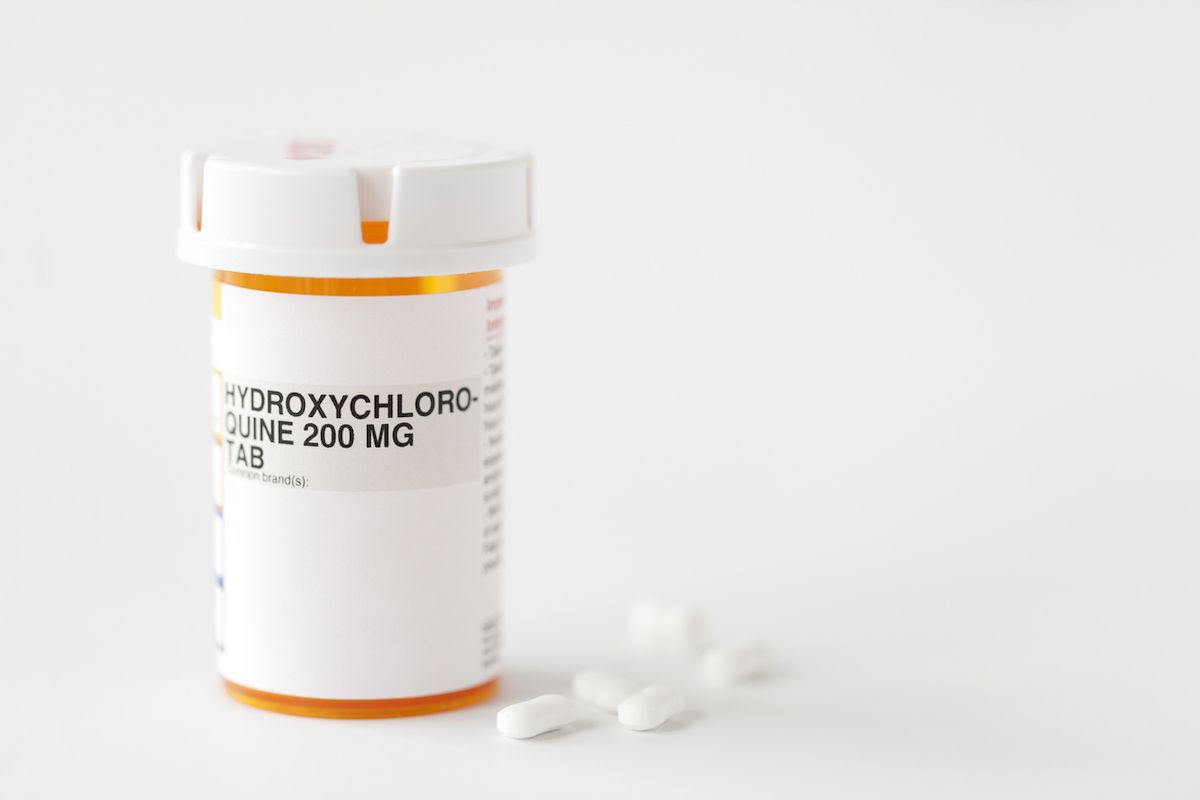The drugs, which are commonly used to treat malaria and lupus, made headlines after initially showing signs of hope in clinical trials as effective therapy for the novel coronavirus. Hydroxychloroquine was pushed further into the limelight after it was touted as a solution by President Donald Trump, who claimed to be taking the drug. In late March, the FDA issued emergency use authorization of hydroxychloroquine (HCQ) and chloroquine (CQ) for COVID-19. Then, in late April, the FDA issued the following warning about the drugs: Besides being ineffective in treating coronavirus, hydroxychloroquine and chloroquine have also been tied to heart complications and other serious side effects in the coronavirus patients they were used on. But it wasn’t until the FDA took a harder look at the evidence and the lack of sufficient data from recent studies that it reversed its EUA.ae0fcc31ae342fd3a1346ebb1f342fcb “It is no longer reasonable to believe that oral formulations of HCQ and CQ may be effective in treating COVID-19, nor is it reasonable to believe that the known and potential benefits of these products outweigh their known and potential risks,” Denise Hinton, FDA chief scientist, wrote in a letter to the Biomedical Advanced Research and Development Authority (BARDA). She added that “we also knew it was important to help ensure a stable supply of the drugs for patients with lupus and rheumatoid arthritis given the increased demand.” RELATED: For more up-to-date information, sign up for our daily newsletter. But the public saga of these pharmaceuticals is not over yet: WHO is still conducting tests and internally reviewing data to finally determine the drugs’ effectiveness. They say they expect to make a ruling about hydroxychloroquine and COVID-19 by mid-June. And for more on treating the novel coronavirus, check out COVID-19 Survivor Saved by This Mind-Blowing, First-Ever Procedure.
